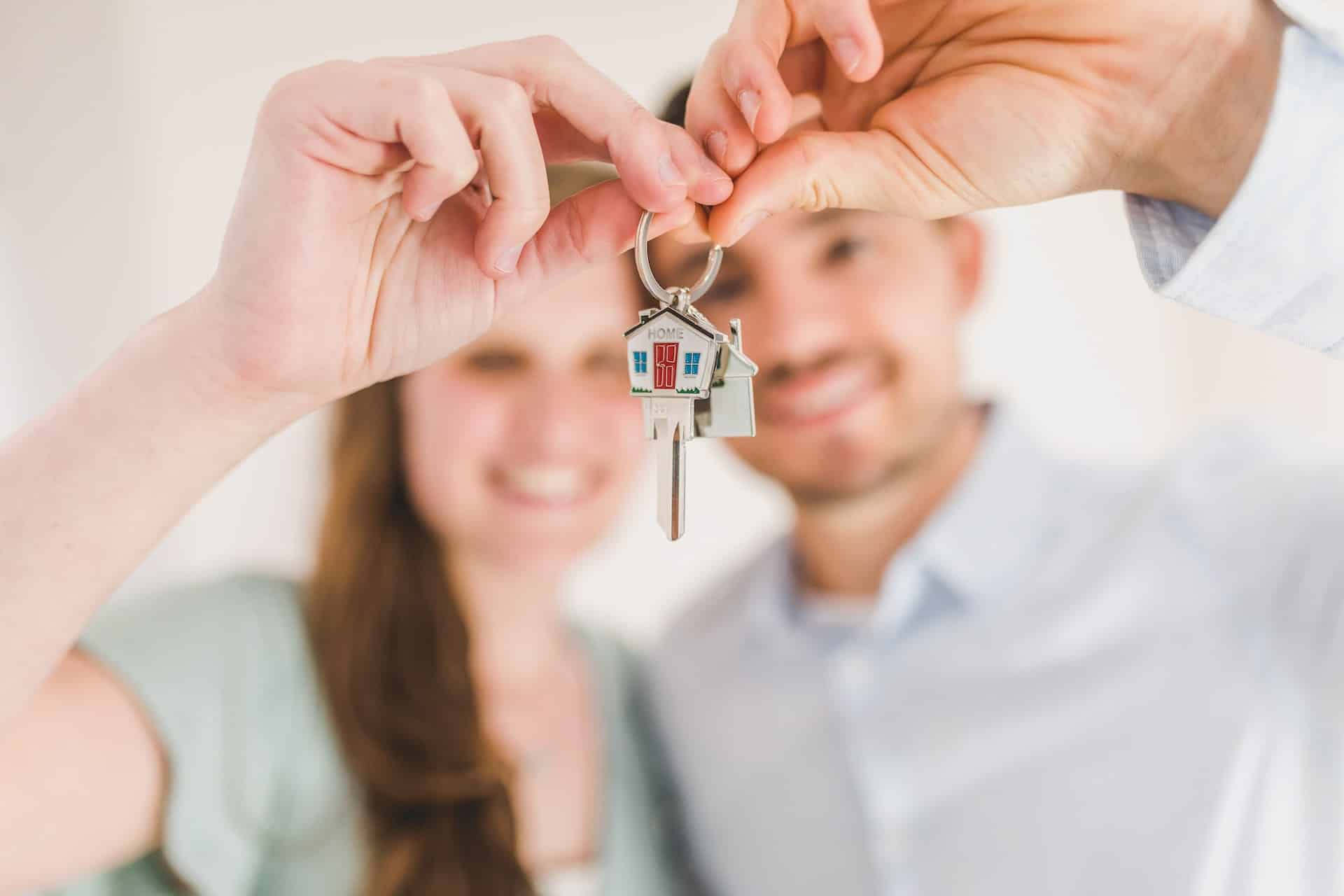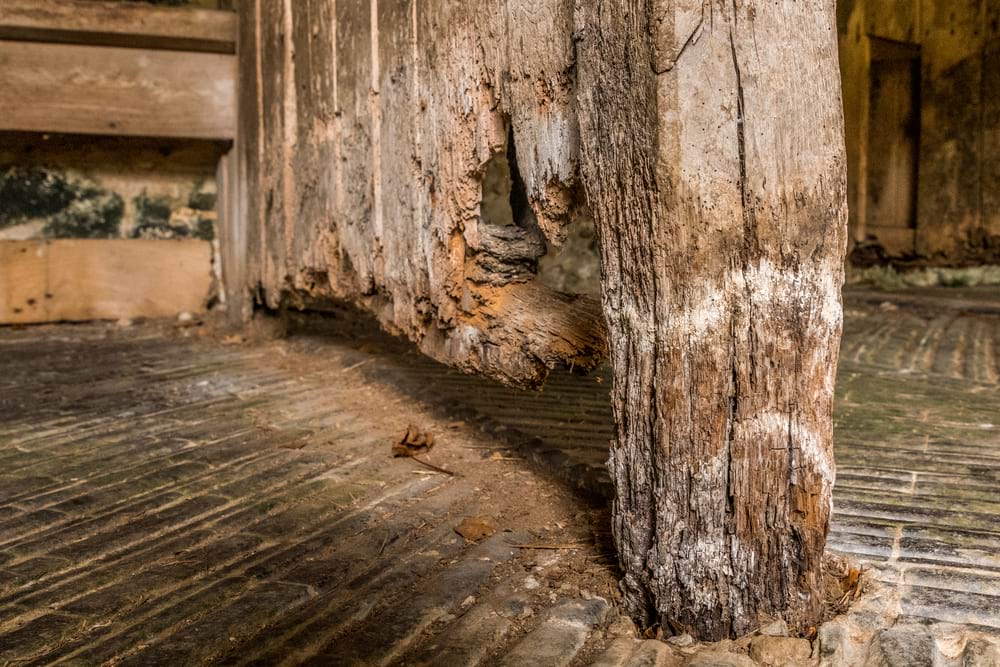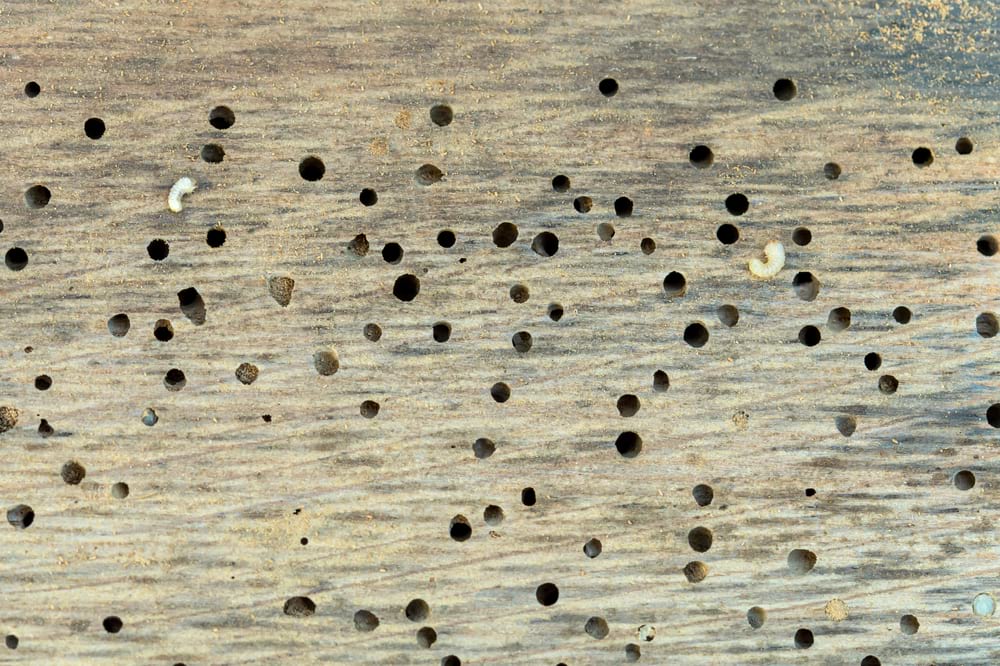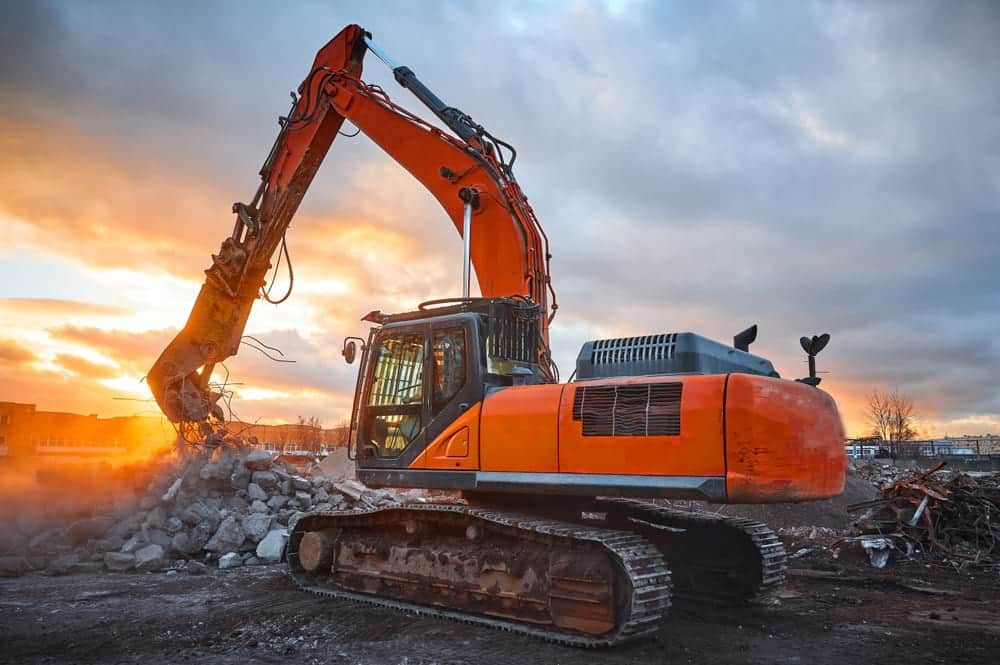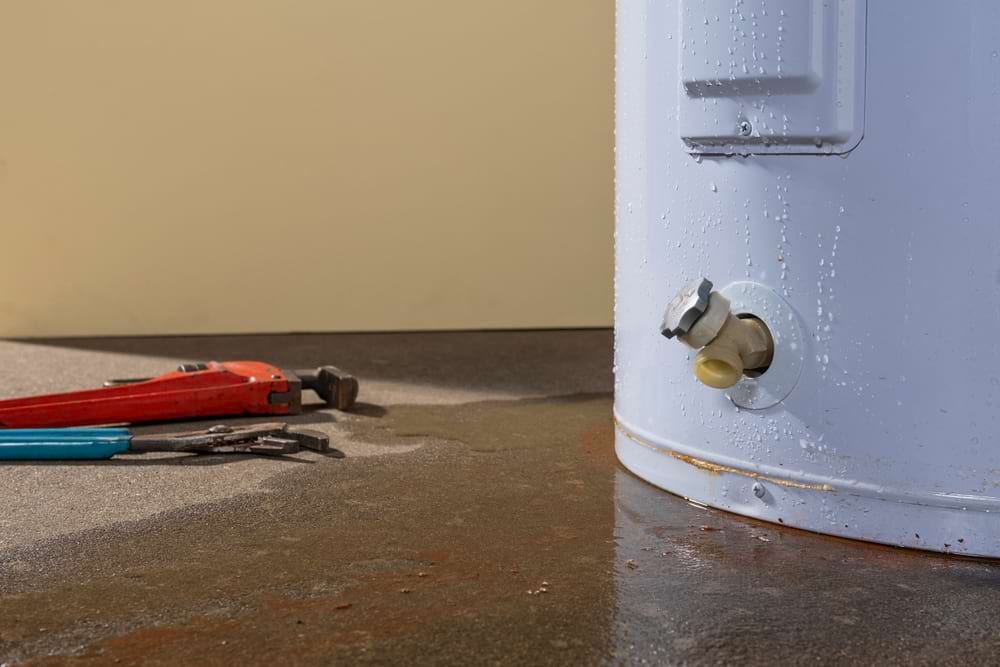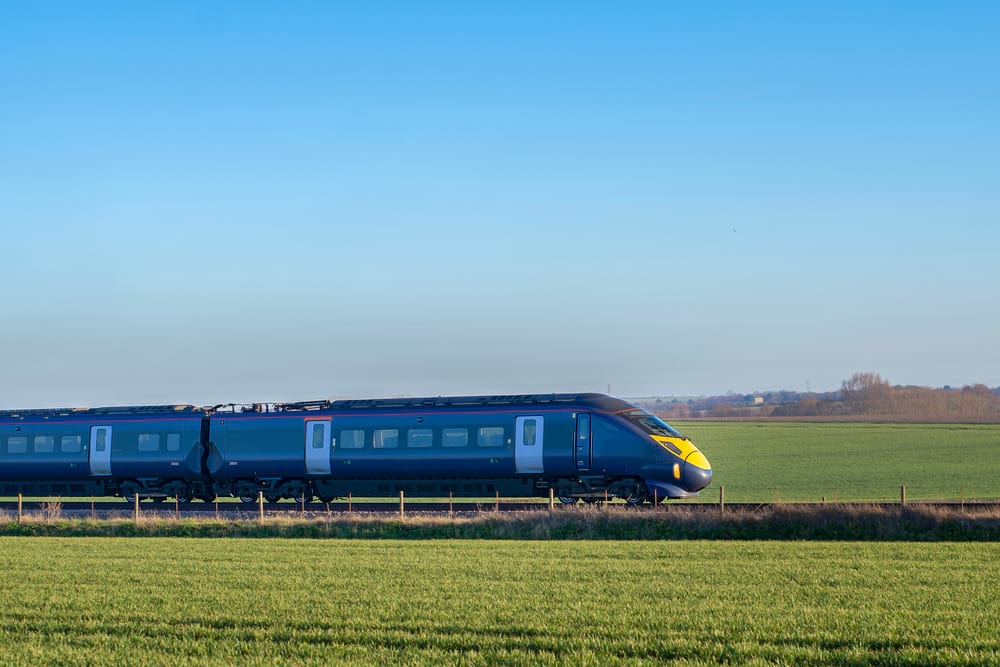Buying your first property is one of your most significant financial commitments.
This usually isn’t possible without a sizable deposit.
In this article, we will explore issues relating to how much deposit first-time buyers need, including:
- How much you can expect to pay
- When you should have your deposit ready
- The options for buying property without a deposit.
What is a deposit on a house?
A mortgage deposit is an upfront payment towards the cost of a house.
The average cost of a first property in the UK is £264,000.
It’s rare for people to have this sum in the bank, so you will most likely pay for a house with a loan, known as a mortgage.
The lender—often a bank—will buy the property for you. You’ll pay them back over a fixed period, typically 20-35 years, with interest.
To prove to the lender that you can meet the repayments, you will submit to a thorough check of your finances and background. You will also provide a deposit as security on your loan.
The deposit amount can vary but is usually a percentage of the purchase price.
When do most people in the UK buy their first property?
The average age for a person in the UK to purchase their first property is around 30-35. This age is increasing over time due to rising house prices.
In 2021, the average age of first-time buyers was 31, compared to 2011’s average of 29 years old.
Factors first-time buyers should consider
The age at which buyers can reach the property ladder depends on various factors. These include:
Income
A person’s income level can significantly influence when they can afford a house. As a rule of thumb, lenders will consider lending 4-4.5 times your salary.
Location
Property prices vary greatly depending on location, with some areas being more expensive than others.
In 2022, property in the London region sold for £673,238, versus the East Midlands at £251,127.
Personal circumstances
This can include marriage, starting a family, or changes in employment that impact a person’s financial stability.
Savings
The amount of protection a person has will impact their ability to buy a house due to the deposit required for a mortgage.
Economic conditions
Inflation, interest rates, and employment levels can impact a person’s house-buying ability.
Competition
High demand in certain areas can drive up prices and make it more difficult for first-time buyers to get on the property ladder.
How much deposit do I need to buy my first property?
The amount of deposit you need to buy your first property in the UK will depend on the property value, the type of mortgage you choose, and the lender’s requirements.
As a general guideline, you must save 5% to 20% of the property value as a deposit.
For example, to buy a property worth £200,000, you may need to save £10,000 to £40,000 as a deposit.
It’s worth noting that government schemes, such as Help to Buy, can help first-time buyers with smaller deposits get onto the property ladder.
Can I buy a property without any deposit?
Technically, buying a property in the UK without a deposit is possible, but it is rare and may come with certain limitations.
One option is to get a 100% mortgage, where the lender provides the total amount needed to purchase the property without requiring a deposit from the borrower.
This is known as a 100% LTV mortgage. Before the financial crash of 2008, lenders regularly approved these loans.
After the recession hit, banks became more hesitant, requiring more substantial deposits.
No-deposit 100% mortgages became a thing of the past, and they are now adamant to come by.
Another option for a no-deposit mortgage is a guarantor mortgage. In this type of mortgage, you’ll need a willing family member or friend to guarantee your payments.
The guarantor will need to own their own property and will be responsible if you miss any mortgage payments.
It’s worth noting that having a deposit can make it easier to secure a mortgage and can potentially result in better mortgage terms and lower interest rates.
It is recommended to speak with a financial advisor or mortgage specialist to understand your options and determine your best strategy.
Sell your property with We Buy Any Home
We Buy Any Home are chain-free cash house buyers who can purchase your property up-front and quickly, without hassle or stress.
You are in the perfect place to sell your house fast.
Using our own funds, we will purchase your property at a set price by a date of your choosing and fully manage it from beginning to end.
Fill in our enquiry form below if you want a cash offer for your house.
